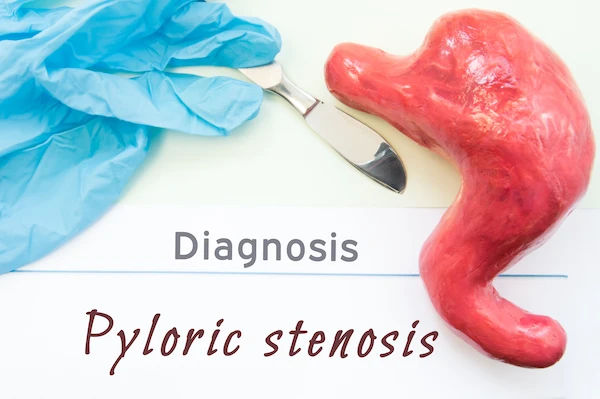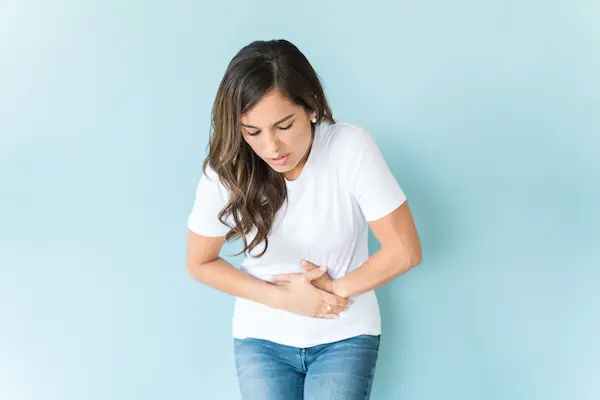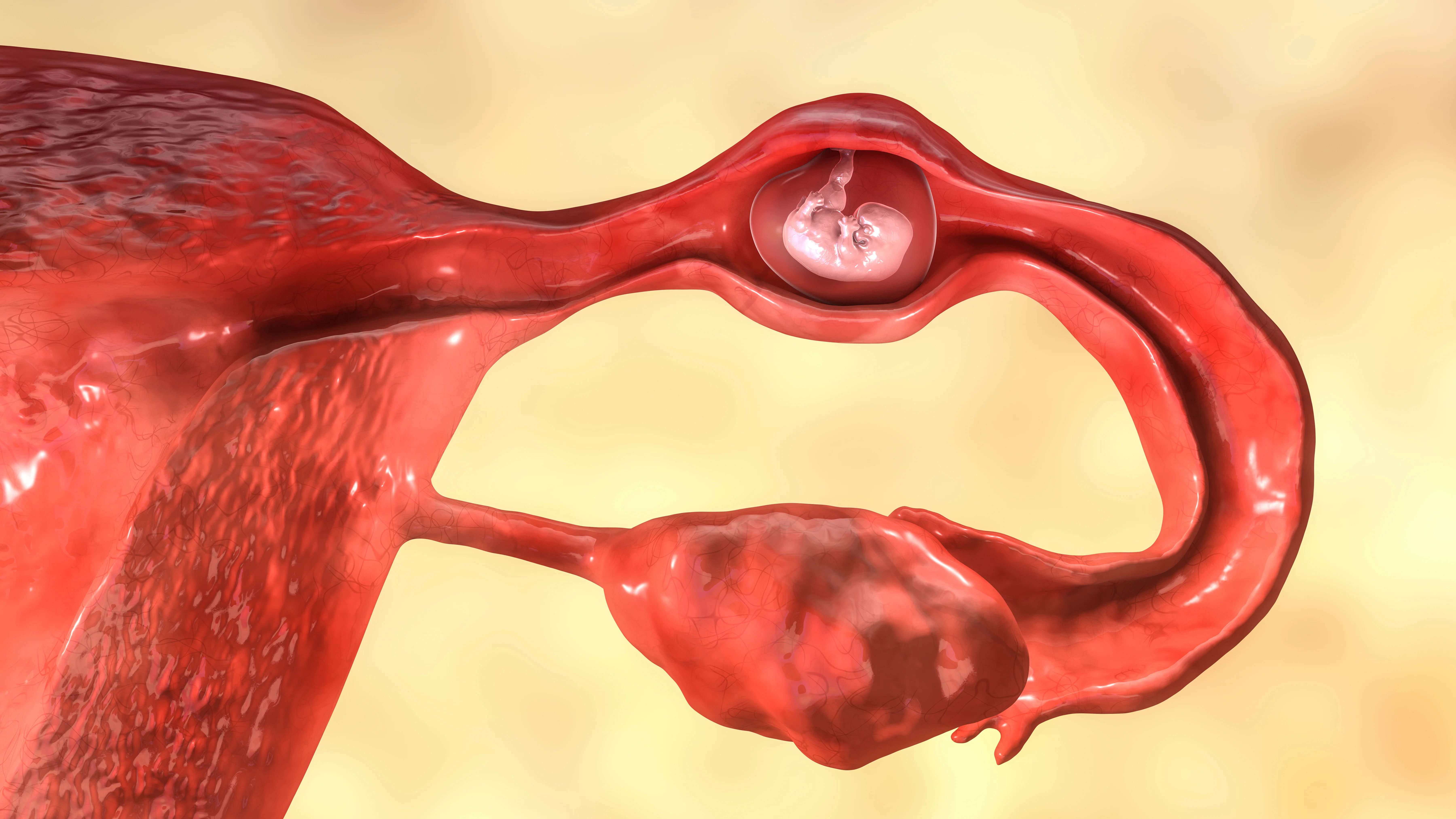- female
- 25 Years
- 01/04/2021
Can you get an STD if both partners are clean?
Answered by 1 Apollo Doctors
Two uninfected people with no other sex partners cannot contract STD
Dr. Ibrahim Suggests...
Consult a Obstetrician and Gynaecologist
Answered 04/07/2025
0
0


Ask Apollo
AI powered Health Chatbot
-
Definition of 'Clean': Being 'clean' means both partners have tested negative for STDs recently and show no symptoms.
-
Window Periods: Some STDs have window periods where they are not immediately detectable after exposure.
-
Risk Factors: Monogamy, honesty about sexual history, and consistent protection use reduce risk.
-
Possibility of Transmission: There's a small risk due to undetected infections or other factors.
-
Importance of Regular Testing: Regular sexual health check-ups are crucial for maintaining health.
Answered 20/08/2025
0
0
More Obstetrics & Gynaecology Health Queries
View allI've been wondering if it's really possible to regain that virgin-like feeling. Is there anything that can help with the tightness of the vagina or the hymen? Can you suggest any treatments or medicines for this?
It's important to understand that the concept of "feeling virgin again" is not medically possible, as the vagina does not "seal" after intercourse. However, if you're concerned about vaginal tightness or changes, it can be influenced by factors like muscle tone, hormonal changes, or childbirth. I recommend consulting with a gynecologist who can provide personalized advice and possible treatments, such as pelvic floor exercises or other medical options.
Answered by 1 Apollo Doctors
I'm feeling a bit worried because I've noticed a small lump inside the skin of my right nipple for the past four days. There's some swelling and it's painful. Should I be concerned about this or is it something that'll go away on its own?
do ultrasound of breast
Answered by 1 Apollo Doctors
I've been experiencing a white, skin-like discharge mixed with a curd-like substance from my private area. There's no itching, smell, or pain involved. I'm a bit concerned and unsure of what's happening. I'm currently using an over-the-counter yeast infection treatment, but I'm not sure if it's the right approach. Could you please give me some guidance on what this might be and if I'm doing the right thing?
That's Candidiasis, visit Gynaecologist for appropriate management
Answered by 1 Apollo Doctors
Disclaimer: Answers on Apollo 247 are not intended to replace your doctor advice. Always seek help of a professional doctor in case of an medical emergency or ailment.
 What does 'clean' mean in STD testing?
What does 'clean' mean in STD testing? 



